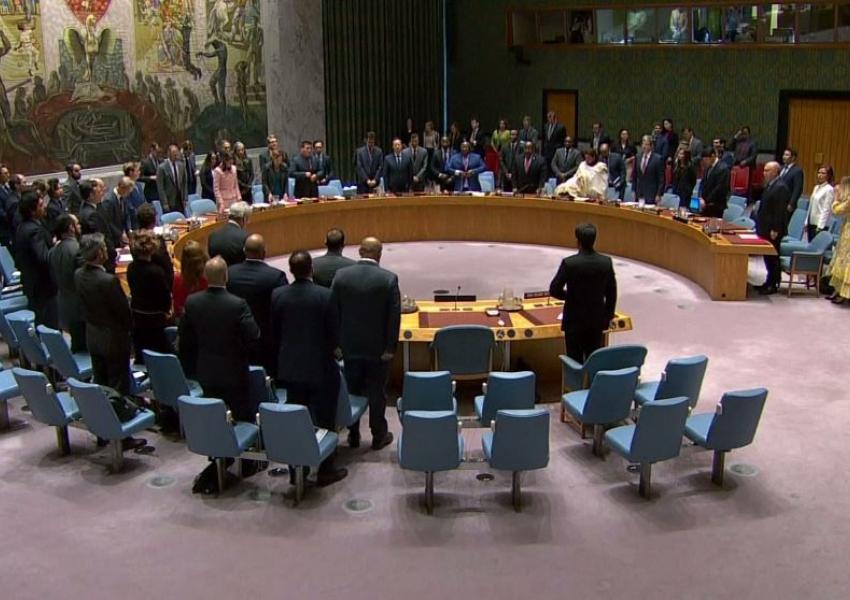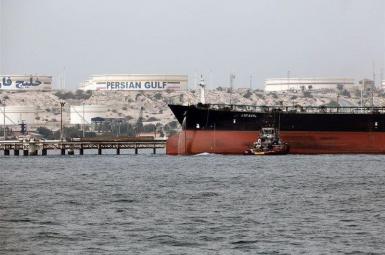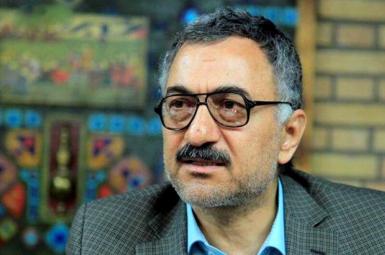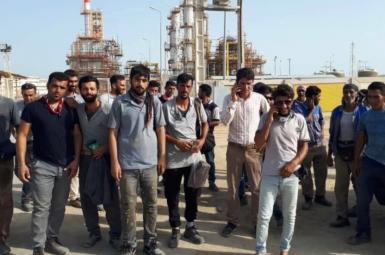
Russia, China Slam US For Playing ‘World Police’ Over Iran Arms Trade
Russia and China on Monday criticized the United States over its recent threats to levy sanctions on countries dealing with Iran, especially over arms. “Wrong approach again. The US playing a ‘world policeman’, substituting UN Security Council is an unwelcome role,” Dmitry Polyanskiy, Russia’s First Deputy Permanent Representative to the UN, tweeted on Monday.
Polyanskiy was responding to a tweet from Mike Pompeo, the US Secretary of State, targeting mainland-China and Hong Kong entities in relation to the Islamic Republic of Iran Shipping Lines. “Our warning is clear: If you do business with IRISL or its subsidiaries, you risk US sanctions,” Pompeo wrote.
Polyanskiy was unimpressed. “We are doing and will be doing business with Iran and it’s not up to US to tell us or others what they can or can’t do,” he wrote. “Stop humiliating US in this pointless endeavor!”
Commenting on the expiry of the UN arms embargo against Iran on Sunday, Sergey Ryabkov, Russia’s Deputy Foreign Minister, said Russian-Iranian “cooperation in the military-technical sphere” would “proceed depending on [the] needs of the parties and mutual readiness to [undertake] such cooperation in a calm fashion.”
Zhao Lijian, the Chinese Foreign Ministry Spokesman, on Monday said there was “no sense” in Washington warning countries against arms deals with Iran. “China opposes unilateral sanctions imposed by the US,” Zhao told reporters at his regular press conference on Monday. “The United States even claims China will export huge amounts of weapons to Iran. In fact, China’s policy and practice on export of military articles reflect a high sense of responsibility.”
Zhao charged that the US was “selling its arms all over the world, seeking geopolitical interests through arms trade, interfering in other countries' internal affairs and even withdrawing its signing of the Arms Trade Treaty.”
Donald Trump announced in 2019 that the US was withdrawing its signature from the Arms Trade Treaty (ATT), a multilateral agreement signed by 109 states originally reached in 2012 to regulate trade in conventional weapons. The US had previously signed but not ratified the ATT.
Zhao declined to say whether China would engage in arms deals with Iran, instead reiterating that “the Security Council’s arms embargo and travel restrictions against Iran expired on October 18, marking the completion of the first phase of the implementation of Resolution 2231.”
UN Security Council 2231 endorsed Iran’s 2015 nuclear agreement with world powers known as the JCPOA (Joint Comprehensive Plan of Action). Despite withdrawing from the JCPOA in May 2018, the Trump administration has announced that it considers the arms embargo and all previous UN sanctions tied to Iran’s nuclear program still to be in effect and that it will enforce them unilaterally.
Washington’s proposal to extend the arms embargo was declined by the Security Council in August. Britain, France and Germany, the three European signatories to the JCPOA reiterated on September 19 their opposition to a US proposal to trigger a ‘snapback’ mechanism of the nuclear deal that would re-impose UN sanctions.
The Iranian Foreign Ministry on Sunday declared that on the basis of the UN Security Council resolution 2231 all restrictions on Iran trading in arms had ended. But the practical consequences for Tehran are unclear. With diminished oil sales, and problems repatriating foreign exchange due to US financial sanctions, paying for defense purchases may be challenging.








